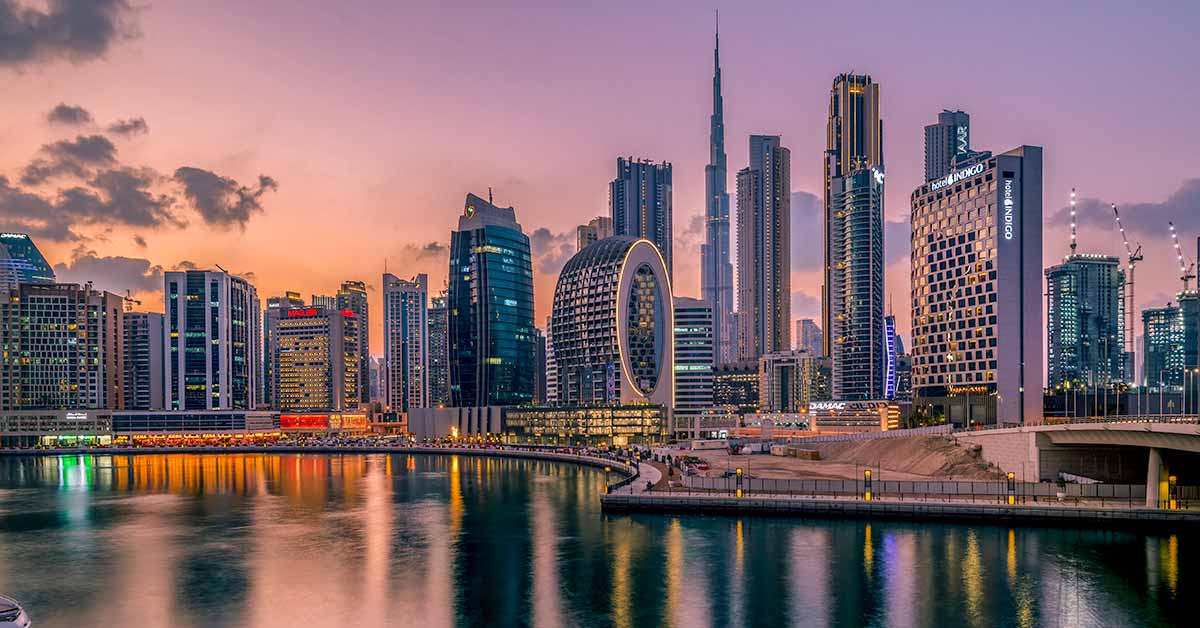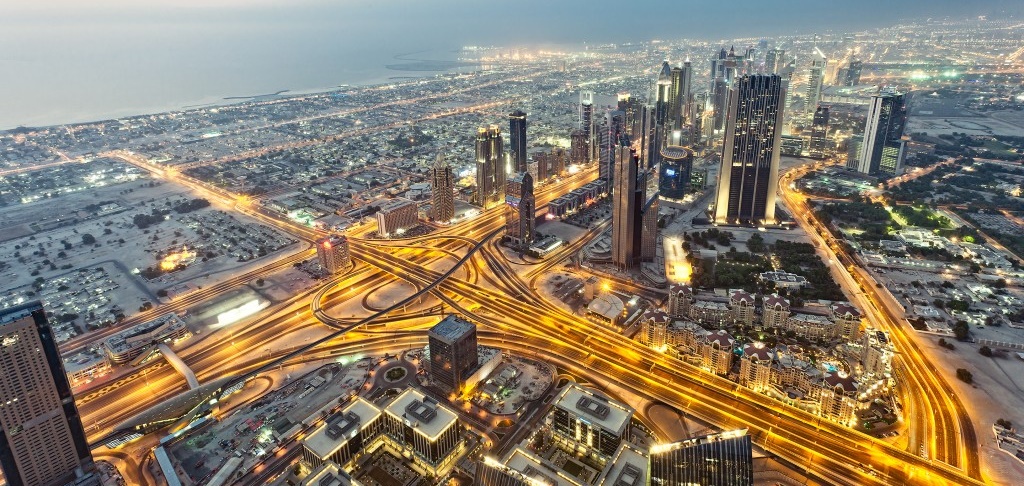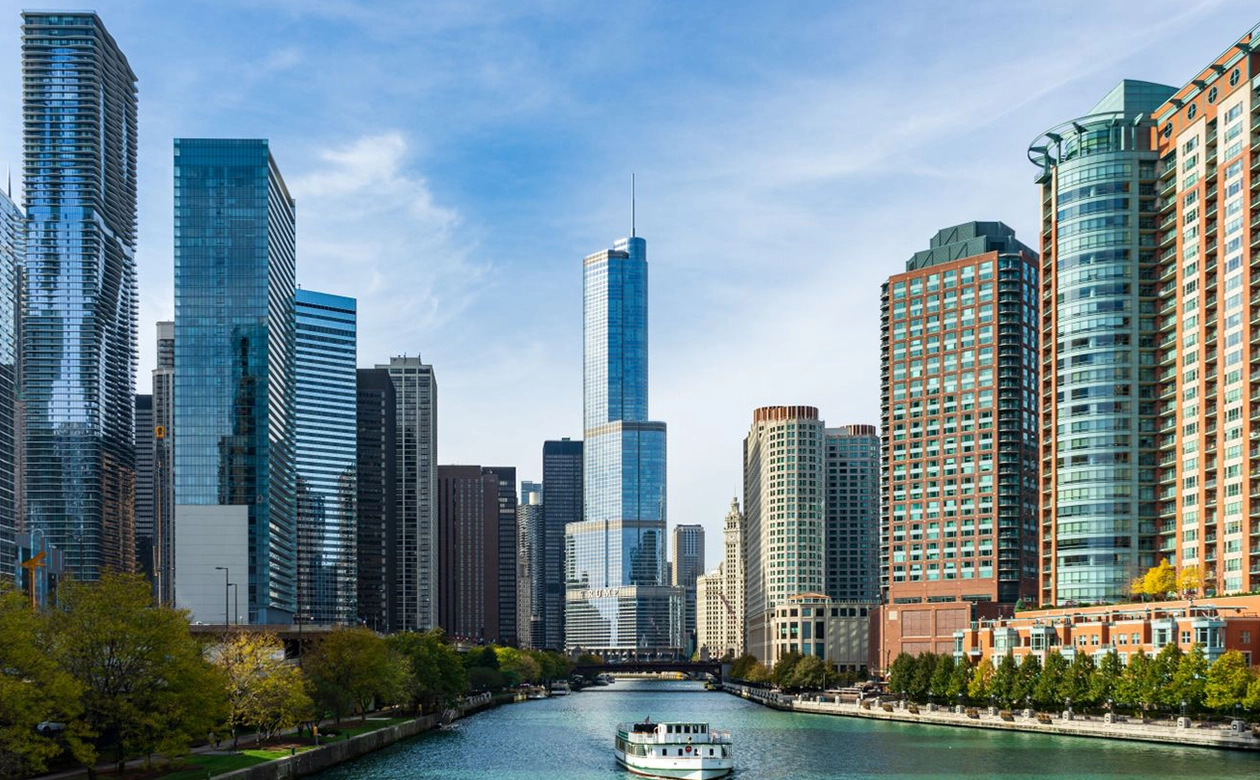The United Arab Emirates (UAE) has long been a hotspot for real estate development and investment, thanks to its rapid economic growth, strategic location, and world-class infrastructure. Cities like Dubai and Abu Dhabi have emerged as global hubs for business, tourism, and luxury living, attracting investors and homeowners from across the globe. In this blog, we will explore the key aspects of the UAE real estate market, its current trends, investment opportunities, and factors influencing its growth.
Key Characteristics of the UAE Real Estate Market
The UAE real estate market is diverse, offering a variety of residential, commercial, and industrial properties. It is known for its futuristic developments, iconic skyscrapers, and luxury living options, as well as its growing interest in sustainability and green building initiatives. Here are some key characteristics of the market:
- Luxury and High-End Developments
The UAE is synonymous with luxury living, and the real estate market reflects this. From palatial villas to high-rise penthouses overlooking the Arabian Gulf, Dubai and Abu Dhabi feature some of the most luxurious properties in the world. Iconic developments like the Burj Khalifa, Palm Jumeirah, and Yas Island highlight the UAE’s reputation for extravagant architecture. - Expats and Foreign Investment
The UAE’s real estate market is heavily influenced by expatriates, who make up a significant portion of the population. Foreign investors are drawn to the market due to favorable property laws, a tax-free environment, and the availability of off-plan properties. Certain freehold zones in cities like Dubai allow foreign nationals to own property, further boosting the demand for residential and commercial real estate. - Market Cycles and Price Volatility
The UAE real estate market is known for its cyclical nature, with periods of rapid price growth followed by corrections. This volatility is often influenced by global economic conditions, oil prices, and regional geopolitical factors. While the market may face short-term challenges, long-term growth prospects remain strong, especially in the prime property segments.
Key Trends in the UAE Real Estate Market
- Post-Pandemic Recovery and Growth
The UAE real estate market has shown remarkable resilience following the global COVID-19 pandemic. With vaccination rollouts and a gradual return to normalcy, there has been a surge in demand for both residential and commercial properties. Dubai, in particular, saw an increase in property transactions, driven by factors such as the Expo 2020 event, the return of international tourism, and a growing interest in remote work and flexible living spaces. - Sustainability and Green Buildings
Environmental sustainability is becoming a key focus in the UAE’s real estate sector. Developers are increasingly integrating green building practices, eco-friendly designs, and energy-efficient technologies in new projects. The government’s Vision 2021 and initiatives like the Dubai Green Building Regulations emphasize the importance of sustainable development. The market is seeing a rise in LEED-certified buildings, green homes, and eco-conscious commercial spaces. - Dubai’s Property Market Boom
Dubai continues to be the focal point of the UAE real estate market. Known for its luxury developments and innovative architecture, Dubai has witnessed a boom in high-end residential and commercial real estate in recent years. The city is attracting international investors, especially in sectors like hospitality, retail, and tourism. The demand for villas and townhouses, particularly in master-planned communities like Dubai Hills Estate and Arabian Ranches, has been increasing. - Shift Towards Remote Work and Flexible Living
The trend of remote work, accelerated by the pandemic, has influenced the UAE real estate market. People are looking for larger homes with dedicated office spaces, leading to a rise in demand for villas and townhouses. Many buyers and renters are also seeking properties with outdoor spaces such as gardens or terraces. In addition, some developers are offering flexible rental terms and work-from-home amenities to accommodate the changing needs of residents. - Affordable Housing and Government Initiatives
While the UAE is renowned for its luxury properties, there is also a growing demand for affordable housing, particularly for middle-income residents. The government is responding by introducing new regulations and incentives aimed at boosting affordable housing development. Initiatives such as the Dubai Housing Strategy, which aims to provide more affordable homes, are encouraging developers to focus on this segment of the market.
Investment Opportunities in UAE Real Estate
- Residential Properties
Residential properties in the UAE offer strong investment potential, especially in Dubai and Abu Dhabi. Investors can choose from luxury apartments in downtown Dubai, beachfront villas on Palm Jumeirah, or family-friendly homes in suburban communities. The UAE’s favorable tax environment, along with opportunities for high rental yields, makes residential real estate a popular investment choice. Dubai, in particular, has become a go-to destination for international investors looking to diversify their portfolios. - Commercial Real Estate
The commercial real estate market in the UAE is a significant player in the region’s economy. With its strategic location as a business hub for the Middle East, Africa, and South Asia (MEASA), cities like Dubai and Abu Dhabi have a strong demand for office spaces, retail locations, and industrial properties. Investors can explore opportunities in office buildings, retail malls, logistics centers, and mixed-use developments. Dubai’s free zones also attract international businesses and provide opportunities for commercial real estate investments. - Tourism and Hospitality Investments
The UAE’s thriving tourism sector makes hospitality properties an attractive investment opportunity. With millions of tourists visiting annually, Dubai and Abu Dhabi continue to see a rise in hotel and resort developments. Investors can benefit from high occupancy rates, especially in luxury and niche markets like eco-tourism, wellness, and beachfront resorts. The Expo 2020 Dubai (now continuing as the Dubai World Expo) and the UAE’s efforts to host major events have further bolstered the demand for hospitality properties. - Off-Plan Properties
Off-plan properties, or properties that are still under construction, can offer significant capital appreciation for investors. Developers in the UAE frequently offer off-plan units at competitive prices, with payment plans spread over the construction period. While off-plan investments carry some risk, they often present an opportunity for early buyers to acquire properties at lower prices before the completion of the development. Areas like Dubai Creek Harbour and Dubai South are seeing exciting off-plan projects with long-term potential. - Real Estate Investment Trusts (REITs)
For those who wish to invest in real estate without directly owning property, Real Estate Investment Trusts (REITs) provide a great opportunity. REITs are companies that own, manage, or finance income-generating properties. In the UAE, REITs offer a way for investors to gain exposure to a diversified portfolio of properties, from residential and commercial real estate to retail and industrial developments. They provide a relatively lower-risk, more liquid way to invest in the UAE’s real estate market.
Factors Influencing the UAE Real Estate Market
- Government Policies and Regulations
The UAE government plays a significant role in shaping the real estate market. Policies that promote foreign investment, like the ability for expatriates to own freehold property in certain areas, have had a positive impact on demand. Additionally, initiatives like the introduction of long-term visas for investors, retirees, and skilled professionals have further enhanced the country’s attractiveness as a real estate investment destination. - Economic Diversification
The UAE’s efforts to diversify its economy away from oil dependence have contributed to the growth of the real estate sector. As the country focuses on sectors like technology, tourism, and renewable energy, the demand for office space, residential properties, and commercial developments is expected to continue. - Expo 2020 and Major Infrastructure Projects
Major events like the Expo 2020 Dubai have had a substantial impact on the real estate market. The event brought international attention to Dubai and provided a boost to the hospitality, retail, and residential sectors. Additionally, infrastructure projects like the expansion of Dubai International Airport, new metro lines, and developments in areas like Dubai South are expected to further drive growth.
Conclusion
The UAE real estate market offers a wide range of opportunities for both investors and homebuyers. With its luxury developments, strategic location, and investor-friendly policies, the UAE remains a top destination for real estate investment in the Middle East. Whether you’re interested in residential properties, commercial real estate, or tourism-related investments, the market offers high potential for returns. However, as with any market, it is essential to stay informed about the trends, regulations, and economic factors that influence the real estate landscape to make the most of these opp
The initial impression your blog post makes is crucial, and that’s where your introduction comes into play. Hook your readers with a captivating opening that sparks curiosity or emotion. Address their pain points or questions to establish a connection. Outline the purpose of your post and give a sneak peek into what they can expect. A well-crafted introduction sets the tone for an immersive reading experience.
Crafting Informative and Cohesive Body Content
Within the body of your blog post lies the heart of your message. Break down your content into coherent sections, each with a clear heading that guides readers through the narrative. Dive deep into each subtopic, providing valuable insights, data, and relatable examples. Maintain a logical flow between paragraphs using transitions, ensuring that each point naturally progresses to the next. By structuring your body content effectively, you keep readers engaged and eager to learn more.
Powerful Closures: Leaving a Lasting Impression
Concluding your blog post isn’t just about wrapping things up – it’s your final opportunity to leave a strong impact. Summarize the key takeaways from your post, reinforcing your main points. If relevant, provide actionable solutions or thought-provoking questions to keep readers thinking beyond the post. Encourage engagement by inviting comments, questions, or sharing. A well-crafted conclusion should linger in your readers’ minds, inspiring them to explore further or apply what they’ve learned.


